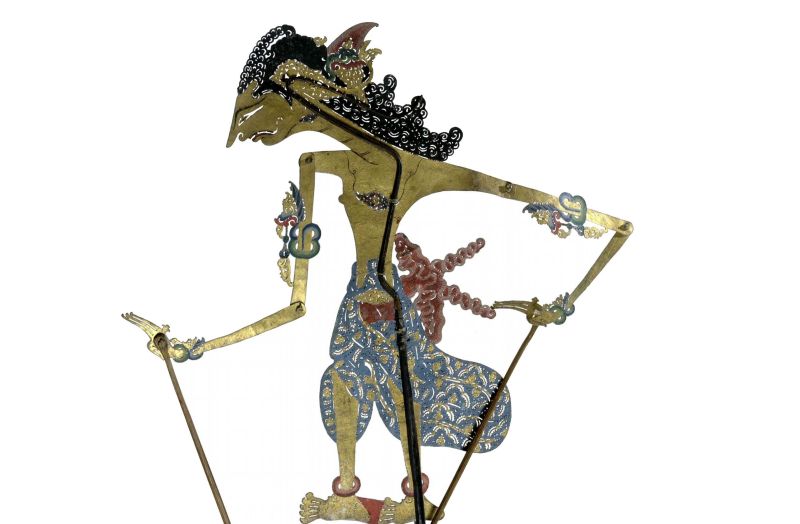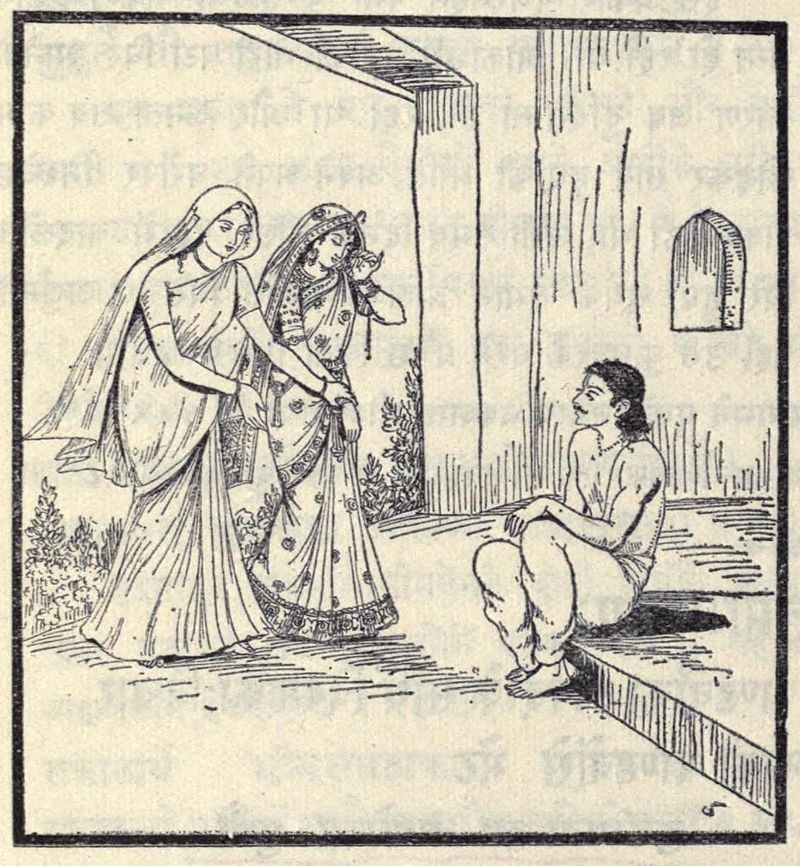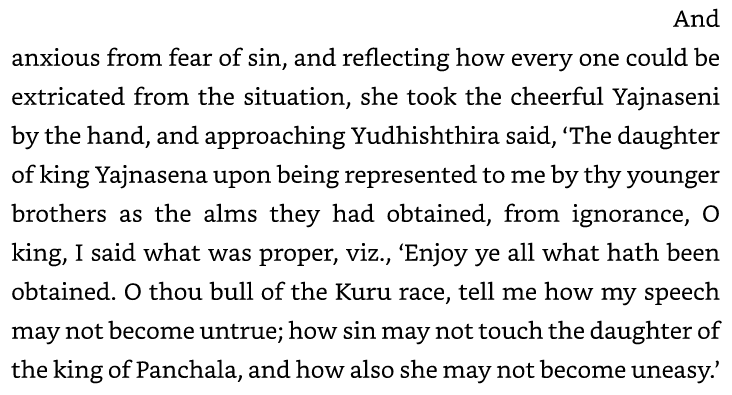
Table of Contents (The Complete Mahabharata in Simple English)
Previous Post: The Meaning of the Name Jaratkaru
| Note: In the previous post, we learned the meaning of the name Jaratkaru. As you might remember, Brahma Deva had said that Jaratkaru’s son, Astika, would save the innocent serpents from perishing in Janamajeya’s snake sacrifice. This post begins with Saunaka Kulapati’s curiosity to know more about Astika’s birth, but soon goes into flashback with a sub-story about how King Parikshit made the mistake of insulting a noble sage. This event is narrated because it played a role in Janamajeya’s snake sacrifice. We’ll discover the details over the next few posts. |
After hearing Sauti explain the meaning of the name ‘Jaratkaru’, Saunaka Kulapati said, “I wish to know how Jaratkaru’s son, Astika, was born.”
Sauti replied based on what was written in the shastras.
Eager to bestow his sister in marriage to Sage Jaratkaru, the serpent chief, Vasuki, commanded the serpents to keep an eye on the sage and notify him as soon as the sage started his search for a bride. However, days went by but the sage continued to be busy with his ascetic penances and studies. With his sexual desires under full control, he roamed to many places, but did not have any wish for a wife.
| Note: Here’s where the narrative of the Mahabharata briefly pauses Jaratkaru’s story and goes into the past to king Parikshit. Jaratkaru’s story will continue from where we left it, after a few posts. |
Once upon a time, there was a king called Parikshit. He was the great-grandson of King Pandu of the Kuru lineage. Just like his great-grandfather, Parikshit was also very strong, skilled in archery, and fond of hunting. He often hunted deer, wild boar, wolves, buffaloes, and other animals.
One day, he shot a deer with a sharp arrow. However, the deer ran into the forest with the arrow pierced in its body. No animal in the past had been able to run once it was shot by Parikshit. The king put his bow on his shoulder and pursued the deer in the forest just like Rudra had once pursued a deer in the heavens.
| Note: Rudra is Lord Shiva and the deer he had pursued was the tatva of ‘sacrifice’ that had transformed itself into a deer. |
Unknown to King Parikshit, the deer he had wounded would become one of the causes of his demise.
Parikshit pursued the deer far into the forest, but could not catch it. Tired and thirsty, he came across a sage who was drinking the milk that oozed out of the calves’ mouth while drinking their (cow) mother’s milk.
| Note: The sages/ascetics lived in the forest and consumed milk as part of their diet. However, they did not take milk directly from the cow, because that would result in depriving the calves of the nourishment that was rightfully theirs. Therefore, they would wait for the calves to drink their mother’s milk, and the sages would take the milk and froth that would naturally come out of the calves’ mouths. That way, the sages nourished themselves without depriving the calves. |
Parikshit approached the sage impatiently, raised his bow, and said, “O brahmana, I am King Parikshit, the son of Abhimanyu. A deer I shot with my arrow has run into this forest. Have you seen it?”
The sage did not reply because he was observing a vow of silence. Parikshit did not know about the sage’s vow of silence. He simply noticed a sage who did not reply to his question. This angered the king who was already tired and thirsty. Parikshit saw a dead snake lying nearby. He picked it with the end of his bow and put it on the sage’s shoulder, in a state of irritation. The sage, however, did not speak a word. He did not even remove the snake from his shoulder.
When the sage suffered his insult without responding, Parikshit’s anger immediately subsided. He felt remorse for what he had done and returned from the forest back to his capital city.
The sage forgave Parikshit because he knew the king was noble and fulfilled his duties truthfully. He continued sitting with the dead snake on his shoulder.
| Note: Even though the sage had forgiven the king, there was someone else with a very short temper who became angry with the king. In the next post, we will discover the identity of that person and what he did when he saw a dead snake on the sage’s shoulder. |
Table of Contents (The Complete Mahabharata in Simple English)
Next Post: A Friend Taunts the Sage’s Son




